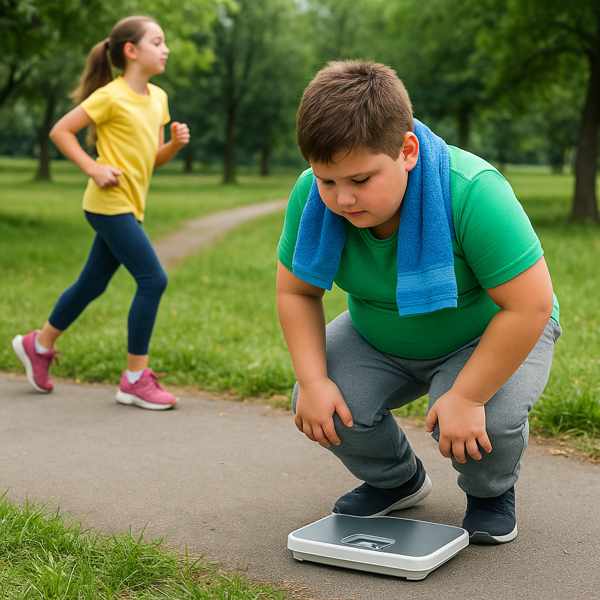A Parent’s Guide to Kids’ Weight Loss
A Parent’s Guide to Kids’ Weight Loss
Blog Article

Childhood obesity is becoming a health crisis in many parts of the world.
Helping children achieve a healthy weight involves building positive routines, not strict dieting or quick fixes.
Understanding Childhood Weight Gain
Children may gain weight due to a variety of factors, such as:
- Sedentary lifestyles
- Unbalanced diets
- Emotional eating
- Lack of sleep
Addressing the root causes helps create long-term solutions.
Signs Your Child May Need Help
Look for:
- Sudden or steady weight gain
- Low energy or reluctance to be active
- May feel self-conscious or tired
- Secretive snacking, constant hunger, or skipping meals
Always consult a pediatrician before making major changes.
Simple Steps for Long-Term Results
Start with small, sustainable shifts like:
- Avoid processed snacks and takeout
- Adding more fruits and veggies to their plate
- Cut hidden sugars from drinks
- Incorporating daily movement
Make changes together so your child feels supported, not singled out.
Positive Approaches to Activity
Ideas include:
- Increases daily steps naturally
- Setting screen time limits
- Builds skills and confidence
- Turn health into a game
The goal is consistency and enjoyment—not perfection.
Emotional Support and Body Image
Kids need:
- Praise effort, not appearance
- A focus on health, not thinness
- Avoid shame and secrecy
- Encouragement to love their body
When kids feel good emotionally, they’re click here more likely to make healthy choices.
Supporting Kids the Right Way
It may be time to talk to a specialist if:
- You’re not sure what’s safe or age-appropriate
- Could indicate deeper struggles
- Medical issues may be involved
- You feel overwhelmed as a parent
Final Thoughts
Weight loss for kids is not about restriction—it’s about nurturing better habits.
Start small, stay kind, and celebrate progress, not perfection. Report this page